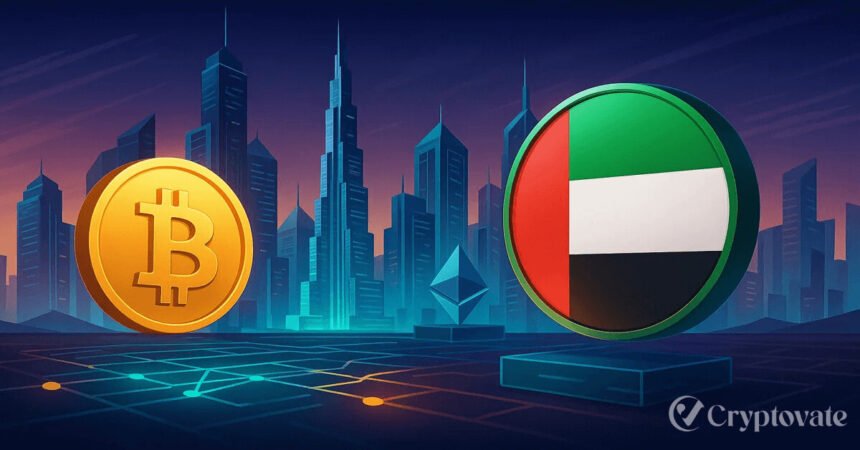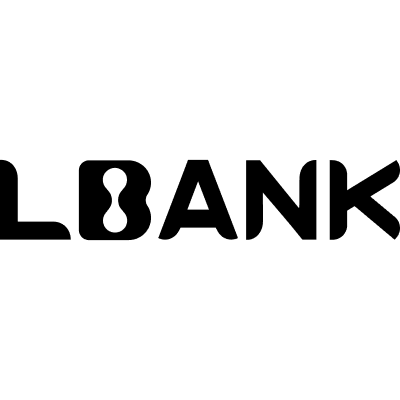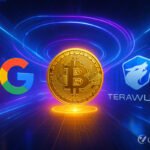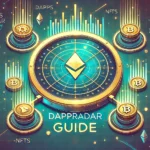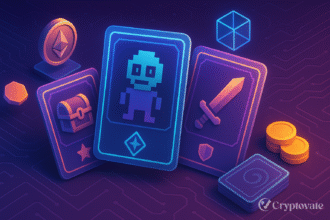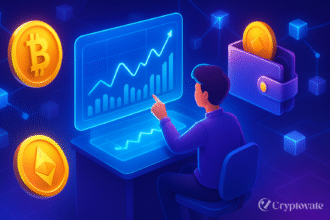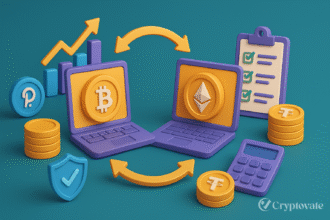– Ad –
| Getting your Trinity Audio player ready... |
- What is Tokenized Real Estate?
- Why Dubai Leads in Blockchain Property Investment
- Benefits of Tokenized Real Estate in the UAE
- Understanding the Regulatory Landscape
- Step-by-Step Guide to Buying Tokenized Assets in the UAE
- Real-World Examples in Dubai
- Risks You Need to Acknowledge
- Tracking Demand and Timing Your Entry
- Checklist Before You Buy
- FAQs
UAE tokenized real estate is turning traditional property investing on its head, and Dubai is leading the charge. If you’ve ever wanted to invest in prime UAE property without committing millions or navigating months of paperwork, tokenization might be your entry point.
Let’s break down what it is, why the UAE is a global frontrunner, and how you can get started step-by-step.
What is Tokenized Real Estate?
Tokenization simply means taking the ownership rights of a real-world property and converting them into digital tokens on a blockchain.
Each token represents a slice of ownership, it could be a fraction of a Dubai apartment, a luxury villa, or even a commercial property. Instead of buying the whole thing, you own a piece.
These tokens can be:
- Security tokens (regulated, with income rights like rent)
- Utility/asset tokens (more flexible, but with fewer investor protections)
The big advantage? You can buy, sell, or trade these tokens much faster than traditional property deeds.
Why Dubai Leads in Blockchain Property Investment
Dubai isn’t just experimenting, it’s putting tokenization into real-world practice.
- Dubai Economic Agenda (D33): This government plan pushes tech innovation across the economy, including property tokenization.
- Dubai Land Department (DLD) Initiatives: The DLD has already piloted tokenized property sales with licensed platforms, making ownership more accessible.
- Government-Backed Sandbox: Through partnerships with regulators, platforms can test tokenization under official oversight.
This combination of government support, innovation, and clear legal pathways makes Dubai a prime global hub for blockchain property investment.
Benefits of Tokenized Real Estate in the UAE
Lower Entry Barriers
Traditionally, you’d need hundreds of thousands of dirhams to buy Dubai property. With tokenization, you can start with as little as AED 2,000 on some platforms.
Increased Liquidity
Selling a traditional property takes time. Tokenized shares are designed for quicker secondary market trades, though liquidity depends on the platform.
Transparency and Security
Blockchain records are immutable, so ownership history and transactions are easy to verify.
Faster Settlement
Smart contracts handle transfers automatically, cutting out lengthy paperwork and middlemen.
Understanding the Regulatory Landscape
Before you buy, you need to understand the UAE’s rules on tokenized assets.
VARA (Virtual Assets Regulatory Authority)
VARA oversees virtual assets in Dubai, including the tokenization of real-world assets. Licensed platforms must comply with its guidelines.
Dubai Land Department (DLD)
The DLD registers tokenized ownership in its Real Estate Sandbox and works with authorized partners for public offerings.
Free Zones: ADGM and DIFC
If a platform is based in Abu Dhabi Global Market (ADGM) or Dubai International Financial Centre (DIFC), it follows their digital asset rules.
Pro tip: Always check the platform’s licensing page and confirm it’s authorized to sell tokenized assets in the UAE.
Step-by-Step Guide to Buying Tokenized Assets in the UAE
1. Choose a Licensed Platform
Look for platforms operating under VARA or in the DLD sandbox. Names like Prypco Mint have partnered with regulators for pilot projects.
2. Complete KYC/AML
Expect to provide Emirates ID (for residents) or passport and proof of address (for non-residents).
3. Understand the Token Structure
Check whether the token is a security or utility asset, and review rights like income sharing, voting, and resale conditions.
4. Select Payment Method
Most UAE platforms accept AED; some allow cryptocurrency payments.
5. Review Legal Documents
Read the whitepaper and offering memorandum. Check custody arrangements and what happens if the issuer defaults.
6. Plan Your Exit
Confirm where you can sell your tokens, some platforms offer internal secondary markets.
Also Read: Guide to Crypto Regulations UAE 2025: How to Invest Safely
Real-World Examples in Dubai
DLD + Prypco Mint Pilot
This initiative tokenized property shares for public investment, with a low minimum buy-in and AED-based settlement. It’s one of the clearest signs of real adoption in Dubai.
DAMAC’s Tokenization Moves
Major developers like DAMAC have signed tokenization deals, showing that institutional players are entering the blockchain real estate space.
Risks You Need to Acknowledge
- Regulatory Changes: The rules are evolving, and platforms may need to adjust quickly.
- Liquidity Risk: Token markets can be thin, making it hard to sell quickly.
- Platform Risk: Smart contract bugs, custody issues, or poor management can impact your investment.
- Market Volatility: If your token is tied to property but trades in crypto, price swings can be unpredictable.
Tracking Demand and Timing Your Entry
If you’re serious about this market, track Google Trends for keywords like:
- UAE tokenized real estate
- Dubai blockchain property investment
- How to buy tokenized assets UAE
These spikes in search volume often follow announcements from the DLD, VARA, or major developers, and early movers can secure better opportunities.
Checklist Before You Buy
- ✅ Platform is licensed by VARA, DLD, or a UAE free zone regulator.
- ✅ Token type, rights, and lock-up periods are clear.
- ✅ Payment method works for you (AED or crypto).
- ✅ You’ve read the legal docs.
- ✅ You know your exit strategy.
- ✅ You’ve consulted a legal/tax advisor.
Tokenized real estate is no longer a concept in Dubai, it’s a live market with real transactions, government oversight, and accessible entry points. If you do your homework, follow the regulations, and choose a credible platform, you could own a slice of UAE property faster than booking a holiday flight.
FAQs
What is UAE tokenized real estate?
It’s converting UAE property ownership rights into blockchain-based digital tokens that can be bought, sold, or traded.
Why is Dubai leading in tokenized property investment?
Government-backed initiatives, VARA regulations, and DLD pilots make Dubai a global hub for blockchain real estate.
How much do I need to start investing in UAE tokenized property?
Some platforms allow investments from as little as AED 2,000, far lower than traditional property costs.
What risks are involved in tokenized real estate?
Risks include regulatory changes, low liquidity, platform issues, and potential market volatility.



